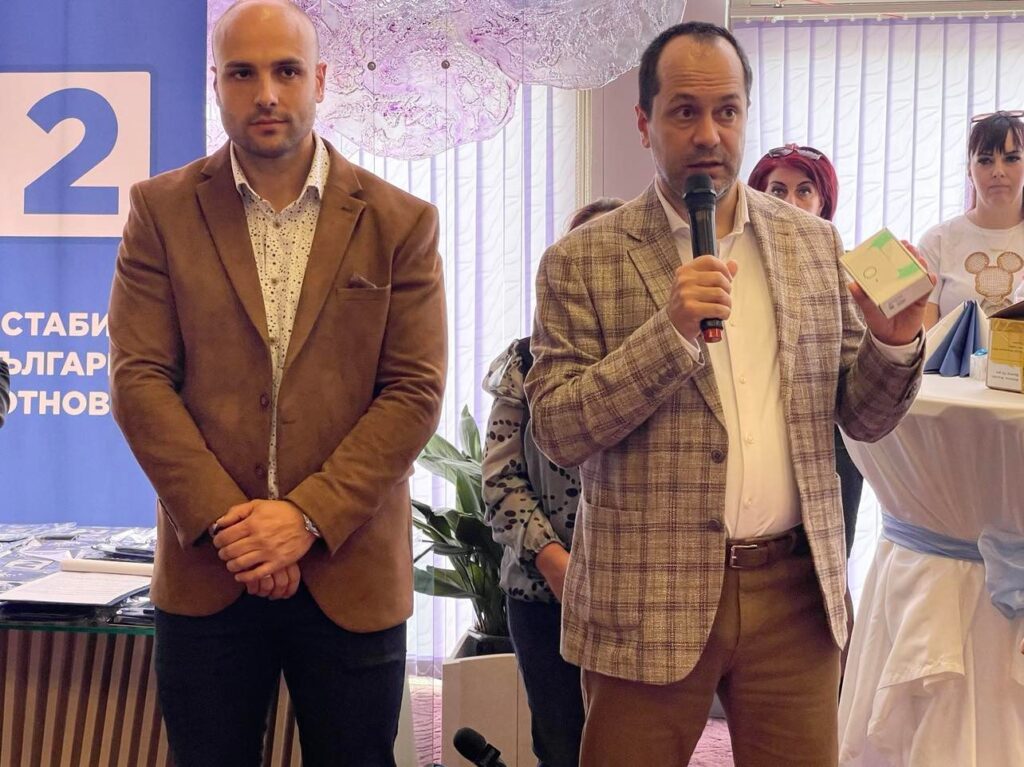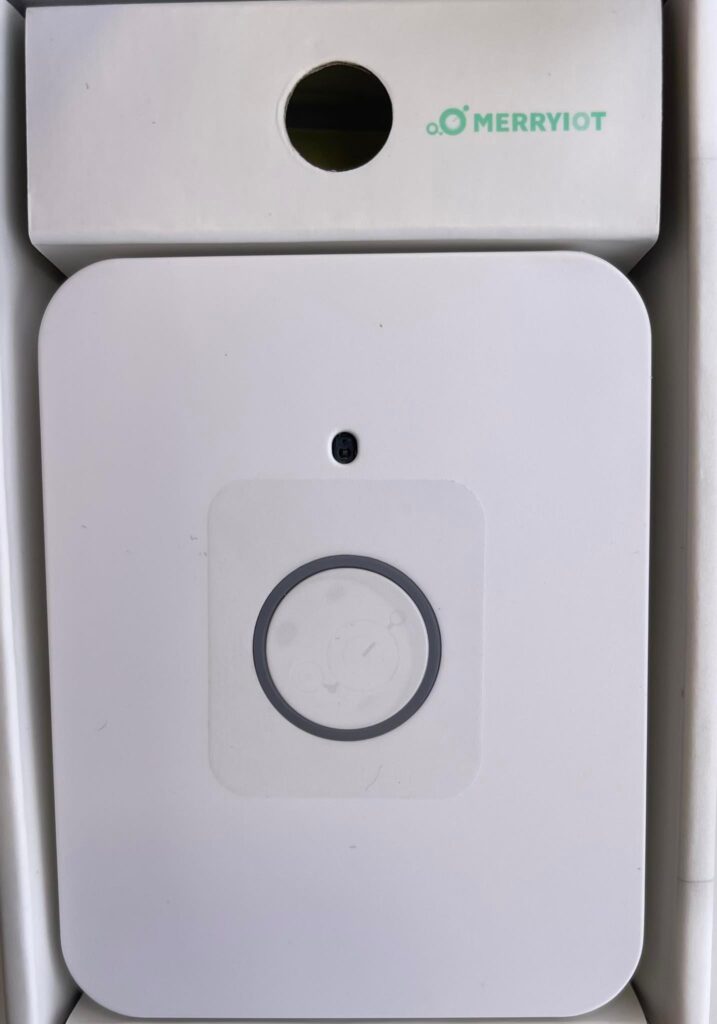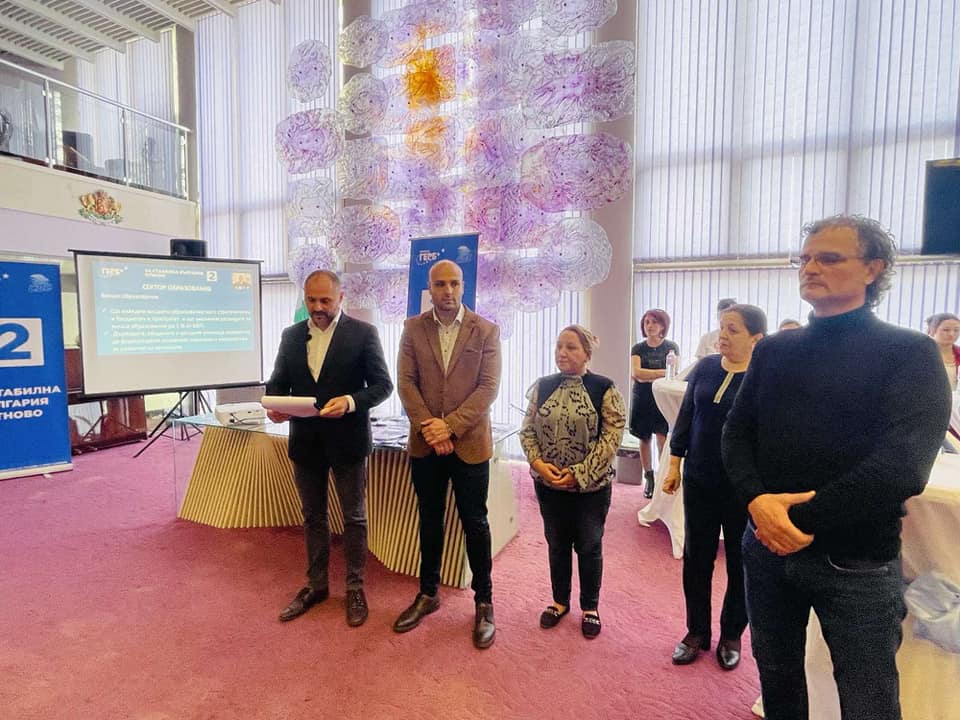A discussion meeting was held in Vratsa from the national information campaign “What do you breathe?”. This is the third city in which representatives of schools and kindergartens are discussing with institutions and businesses the possibilities of improving indoor air quality.
After the meeting, representatives of the public in Vratsa – Martin Harizanov, Krasen Krastev and the mayor of Vratsa Kalin Kamenov donated the first smart devices that measure the air quality in classrooms to 20 educational institutions.
“For us, one of the most important priorities is that children are healthy and learn in a healthy environment. A constant flow of fresh and clean air is essential for their day at school or kindergarten to run efficiently and effectively. Air quality sensors allow educators to monitor the air quality in classrooms at any time and rest assured that children are learning in a good and healthy environment. Martin Harizanov told zovnews.



The initiative aims to raise awareness of the health risks behind poor air quality. The mission unites the efforts of public organizations, institutions and business representatives throughout the country.
In the course of the campaign, 130 sensors have already been installed free of charge in three Ruse schools and one kindergarten. In February, the 51st SU “Elisaveta Bagryana” in Sofia also joined. Devices have already been installed in SU “Hristo G. Danov” Plovdiv, where a meeting is coming up on March 30th.
“Children’s health is in the first place for us”, the mayor of Vratsa, Kalin Kamenov, pointed out at the beginning of the meeting. The deputy mayor Petya Dolapchieva, directors and representatives of educational institutions from the municipality also joined the discussion.
“The goal is to create a public platform with publicly available information so that we can all contribute to taking adequate measures together. We rarely discuss indoor air quality, although it is of great importance for health,” emphasized Hristo Atanasov, visionary of the campaign “What do you breathe?”. He drew attention to the fact that children’s cognitive abilities are reduced by 10% in poor air quality, and this can affect their performance.
During the meeting, a sensor was presented that can be installed in any classroom and measures the levels of carbon dioxide, temperature and humidity in the rooms. In case of bad indicators, the sensor gives an audible signal, and the solution is easy – ventilate the room. Adding the health problems that arise, the seriousness of the problem of bad indoor air becomes clear. The implementation of energy efficiency measures can lead to a reduction in electricity bills, but also to a deterioration in air quality. Therefore, timely ventilation of the classrooms will lead to an improvement of the environment, both for the children and for the teachers who work with them.
Find out how to join the social campaign “What do you breathe?”
